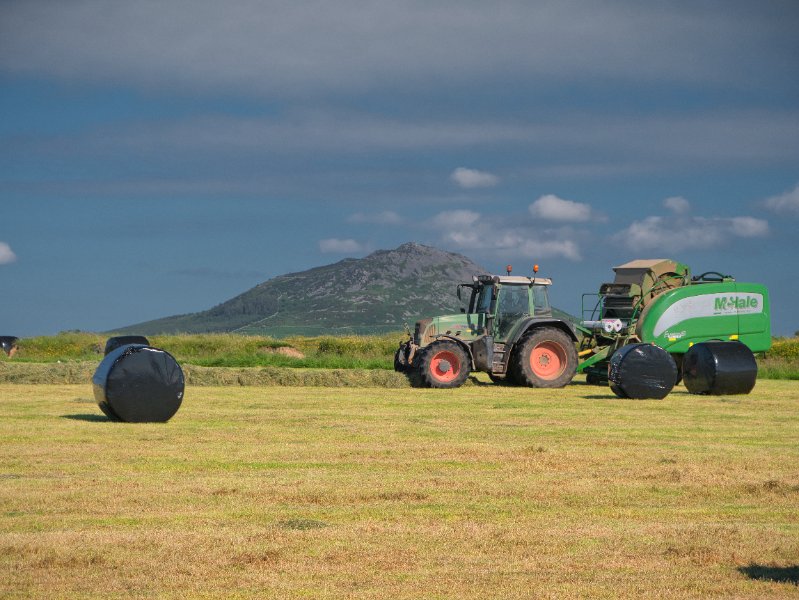
Farmers may struggle to cope with the challenges of new agricultural policies and the end of the BPS, given that most do not engage in formal business planning, according to a major survey.
More than six out of 10 farms surveyed in the North East, South West and West Midlands said they did not have a formal written business plan.
According to the National Innovation Centre for Rural Enterprise's (NICRE) survey, almost 80% had not accessed external support from any advisory service.
In the policy shake-up following Brexit, regulations and red tape were the most commonly-cited obstacles to farm business success with 71% identifying them as a key concern, compared to less than half of other rural firms.
The findings from the rural business survey, carried out last summer, indicate that farms’ experiences of the pandemic differed considerably to that of non-farms.
This reflects the different context and nature of farming, where big changes in agricultural policy and markets dominated their trading situation, by comparison to more limited impacts of Covid.
NICRE co-director, Janet Dwyer said this was a period of monumental change for farming businesses across the country.
"While our findings showed that farms fared better than rural businesses in respect of the negative impacts of Covid, this doesn’t mean that they are better placed to cope with ongoing and future challenges for the rural economy.
“Careful medium-term planning, and building in the headroom to innovate, remain essential tactics for farms’ survival just as much as for other rural businesses, in these challenging times."
Ms Dwyer said evidence showed that farms were less likely than other rural businesses to engage in formal business planning and seek advice.
This highlighted a 'potential future risk', as farms position themselves to cope with the ongoing transition process and slow roll-out of the new schemes.
“In turn, government should recognise its key challenge – underlined by the overwhelming concern with bureaucracy revealed in our survey – to deliver its new policies in ways that are truly accessible."
Around a half of the 529 farms surveyed reported that their turnover stayed the same in the previous 12 months, compared to around a quarter of other rural businesses.
Nearly three-quarters of farms reported that they generated a profit or surplus, compared to 66% of rural firms.
And almost four out of 10 farms reported no impact of the pandemic, compared to just one in 10 rural businesses.
The report also found that farms were much less likely to use government’s Covid support measures than other rural businesses, with just over half (54%) of farms accessing it, compared to 70% of rural businesses.
The evidence shows that farms were more likely instead to draw on family support to reduce their pandemic-related costs, typically family members working longer hours, or family money being used to support the business.
The findings ring true for Exmoor Farmers Livestock Auctions Ltd, which offers professional support to farmers in the Exmoor National Park and surrounding areas.
Based at Cutcombe Market in Wheddon Cross, Somerset, it helps farmers submit applications for the Basic Payment Scheme, Countryside Stewardship Scheme and other grants.
While they have had recent enquiries from farmers regarding forward, business and succession planning, the numbers have been very small.
Gethin Rees, from the business, said: "It is felt that there is a large proportion of farmers who have not put in place any changes as yet or have not thought about what they intend to do.
“There is a general level of concern about the future with many asking different questions about what grants are available and how can they use them and the other support schemes that may come into effect under the new Environmental Land Management Schemes (ELMS).
“The greatest difficulty is the unknown as ELMS is being developed but no final publication has been made as to what the schemes will look like, and how it will offer a payment for the work or options undertaken.
"This does make it impossible to offer any certain advice and limits many in how they prepare for the future."
